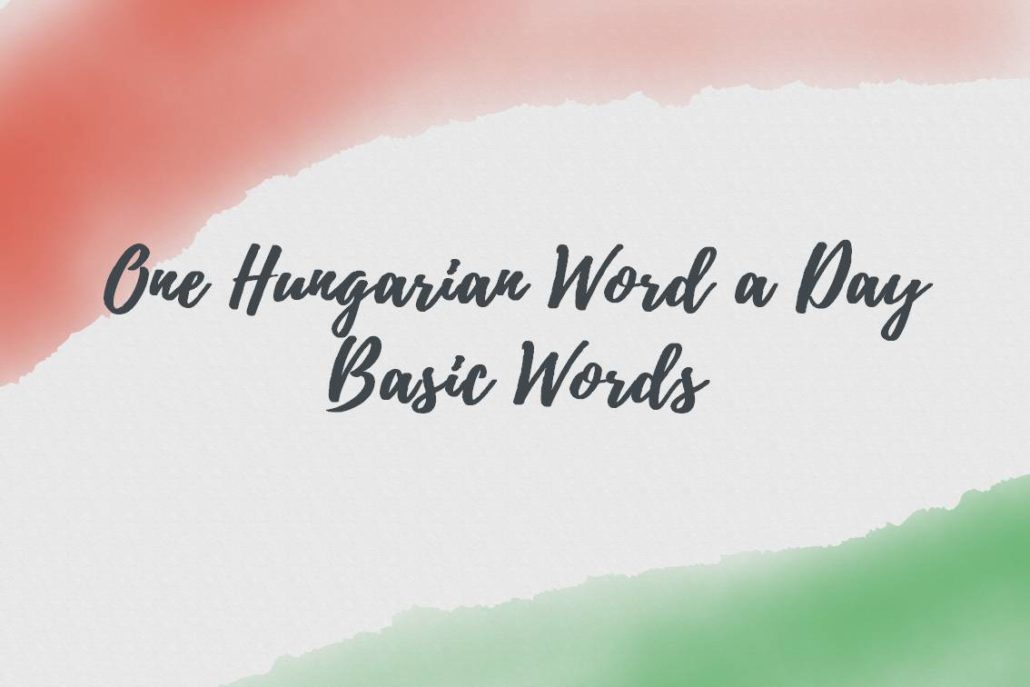Is

Is
Meaning:
too, also
Example sentences:
Én is szeretnék jönni este!
I too I-would-like-to to-come evening!
I also want to come in the evening!
A nyarat és a telet is szeretem.
The summer and the winter(acc.) too like-it-I.
I like summer and winter too. (Ie. I like both summer and winter).
Is in a sentence
In a sentence, is always comes after the thing in question you emphasize with it. It never stands at the beginning of a sentence. It doesn’t work like the English Also… (~furthermore) at the beginning of a sentence. Therefore, it’s closer to the English too than to also. Note how too wouldn’t ever stand at the beginning of a sentence, either.
Ie. If you talk about apples and pears too, is will come immediately after the pears in the sentence.
In the above examples, én (I) and tél/telet (winter), acted as the second thing in question, respectively. Note how is follows immediately after them in the sentences.
Related terms:
először is – first of all
is-is – (a little bit of) both
mégis – still, nevertheless
mindkettő – both
továbbá – furthermore
végül is – in the end, after all
Pronunciation of today’s word:
Pronunciation of the Example Sentences:
I too I-would-like-to to-come evening!
I also want to come in the evening!
The summer and the winter(acc.) too like-it-I.
I like summer and winter too. (Ie. I like both summer and winter).
Pronunciation of the Related Terms:
Did you like today’s word? Do you have a favorite memory hook for it or do you get it into your brain in a completely different way? Did we miss something in the explanation?
Share your thoughts, word visualizations or learning tips below in the comments and remember, the more you use a new word, the easier it will stick in your memory!



Leave a Reply
Want to join the discussion?Feel free to contribute!